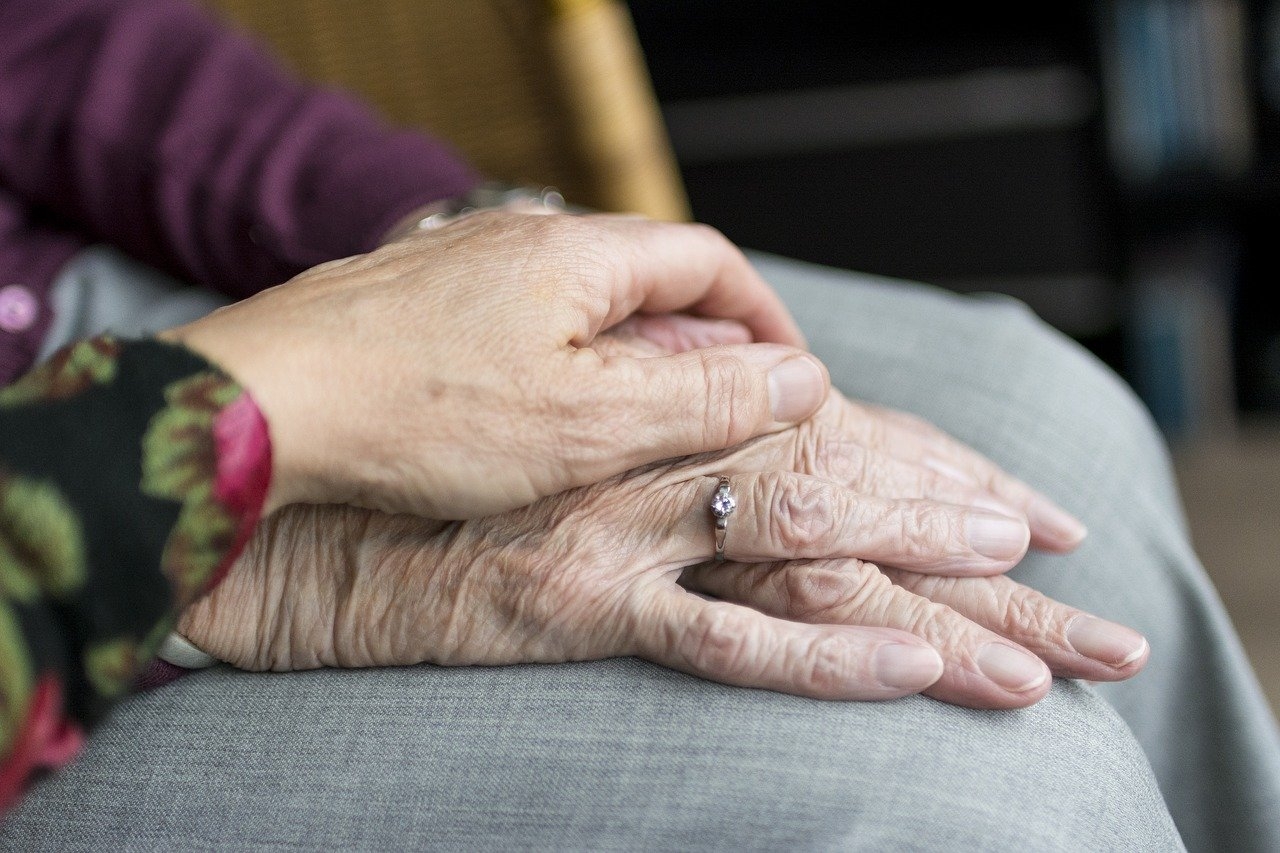
A New Paradigm for Cancer Prevention
There have been several advances in the treatment of cancer over the last 20 years. We have new targeted oncology drugs with fewer side effects and improved technology allowing for more sensitive and earlier detection. Evolving research guides oncologists not only when to use chemotherapy, but more importantly, when not to use it. One area that has not received adequate attention or research funding is that of cancer prevention.
According to Cancer Care Ontario, nearly 50 per cent of cancers can be prevented through healthy eating and active living, as well as through regular cancer screening and the implementation of health-promoting policies. By 2020, the world population is expected to exceed 7.5 billion; of this number, it is estimated there will be 15 million new cancer cases diagnosed. Cancer was originally thought of as a genetic condition, with genes inherited from one or both parents triggering cancer development. Genes, however, are absolutely not our fate. True genetic causes (inherited mutations) of cancer are now thought to cause between 5-10 per cent of all cases. Our lifestyle and environment account for 90-95 per cent of most chronic illnesses. The good news is while hereditary factors are not modifiable, lifestyle changes are and this can have a very real impact on the risk of developing cancer.
There are several well-defined modifiable risk factors for cancer such as tobacco and alcohol use, infections, radiation/sun exposure that are well known and which generally receive appropriate attention. With other risk factors such as diet, exercise and obesity, we, the medical community, are failing our patients. Weeks ago, a study on obesity was released that argued that research confirms long-term weight loss is almost impossible. However, we have clear evidence that what we eat, how much we exercise, and more importantly how much body fat we carry, all have profound implications on the risk of cancer development. Yet, some in the medical community have declared that “we are biologically destined to be fat”, so why should we care what we eat or how much exercise we get? Here’s why.
From a study published in March 2014, researchers followed over 65,000 people in England for 12 years. They tracked fruit and vegetable consumption as well as incidence of cancer and heart disease. For each serving of vegetables and fruit consumed, the risk of dying of cancer and heart disease went down. When seven servings per day were consumed there was an incredible 42 per cent reduction in mortality, consisting of a 25 per cent reduction in deaths from cancer, and a 31 per cent decrease in heart disease related deaths. The authors noted, “We all know that eating fruit and vegetables is healthy, but the size of the effect is staggering”. Of note, other research has found that eating more vegetables can lead to a reduction in other unhealthy behaviours such as smoking and sedentary and inactive living. Another study published in the widely-respected Journal of the American Medical Association, found that women who exercised more than 3 hours per week were significantly less likely to die of breast cancer. With such a compelling reason to eat more vegetables and exercise, how can the health-care system more effectively meet our needs when it comes to cancer prevention?
It’s time for a paradigm shift. We need to move towards a model that does not blame the patient. Too often physicians are quick to dispense unhelpful weight loss or health advice such as “eat less and exercise more”, if this advice is not followed it’s due to a ‘lack of will power’. Using guilt, unrealistic goals, scare tactics, restrictive or fad diets and supplements are all ineffective as is the concept of maintaining an ‘ideal weight’. Obesity is a chronic disease, it cannot be cured. It can however, be effectively managed with an appropriate evidence-based, whole person collaborative approach.
So what would this new paradigm look like? It would have physicians setting realistic expectations for their patients, reinforcing the time, longterm commitment and support it takes to make healthy lifestyle changes; discussing the common barriers to lifestyle changes (social, family, stress, time) and, making appropriate referrals when indicated. Vegetables, fruit and whole foods are actively ‘prescribed’, and resources are given on how they can be prepared. A realistic and person specific exercise program is established, and patients are educated on why you can’t outrun your fork.
Medical institutions, physicians, governments, and health promotion agencies need to dissociate themselves from companies who sell cheap, sugar rich high calorie foods, and form new relationships with companies that promote and sell vegetables, fruit, and whole foods. We have a new generation of parents and children that through no fault of their own, often are led to believe that fruit gummies, cold cereal, ‘garden bread’, and other processed, sugar-laden foods can effectively replace real fruits, vegetables and whole grains. They don’t.
The Ottawa Integrative Cancer Centre aims to be at the centre of this paradigm change. We strive to teach, empower, and support individuals and organizations to gradually incorporate evidence-based lifestyle changes that are sustainable, but also enjoyable.
 Dr. Craig Herrington, ND Naturopathic Doctor & Clinic Standards Officer Ottawa Integrative Cancer Centre
Dr. Craig Herrington, ND Naturopathic Doctor & Clinic Standards Officer Ottawa Integrative Cancer Centre













